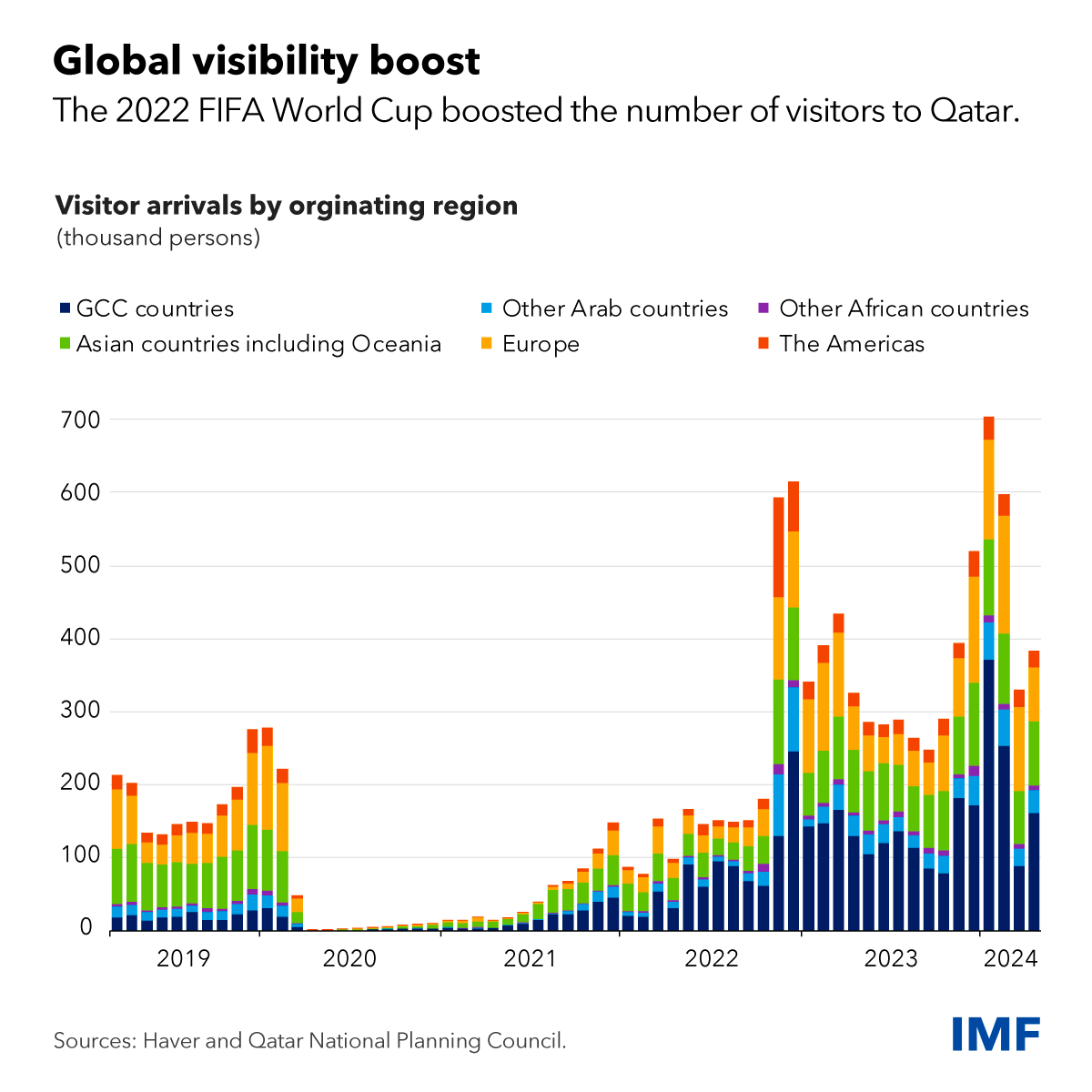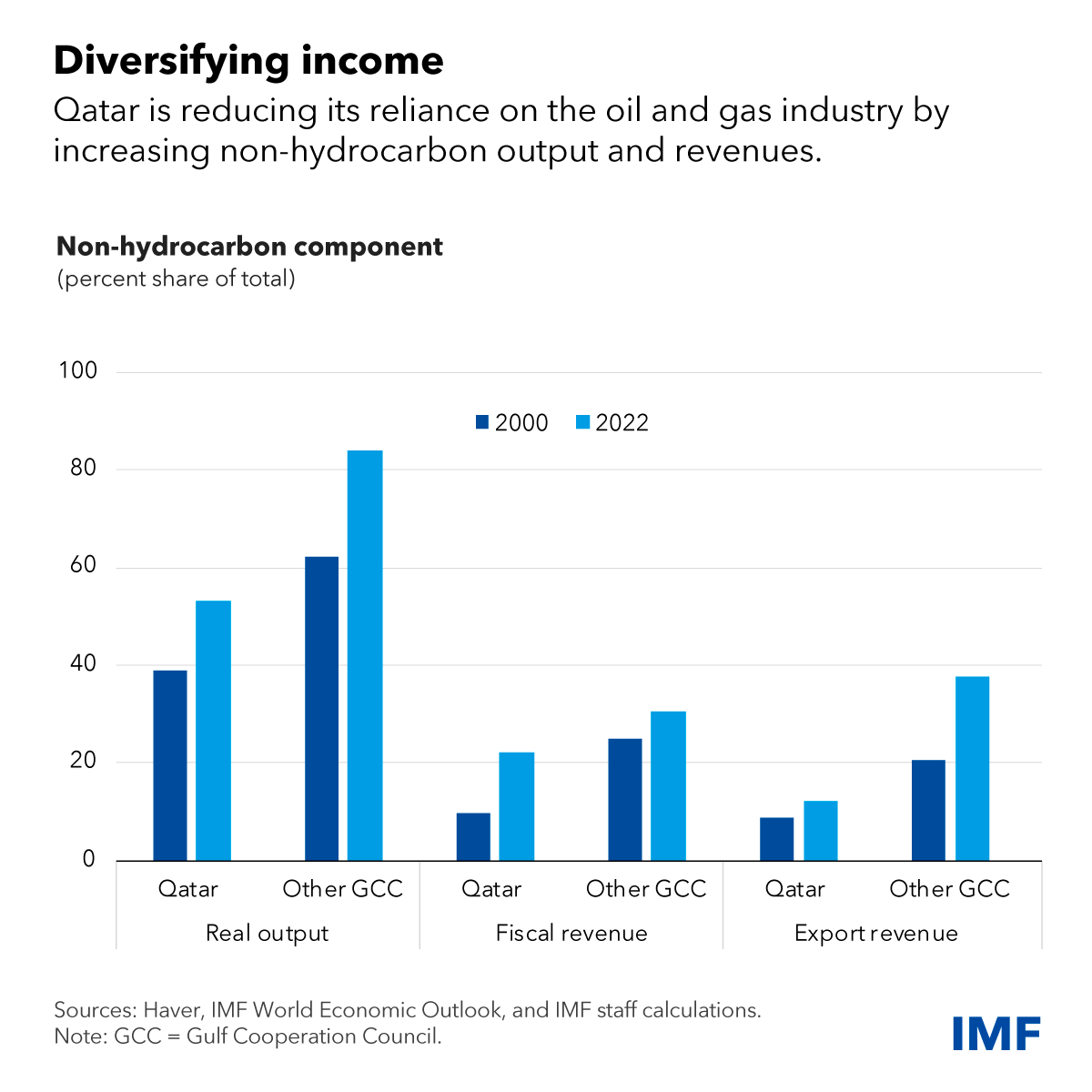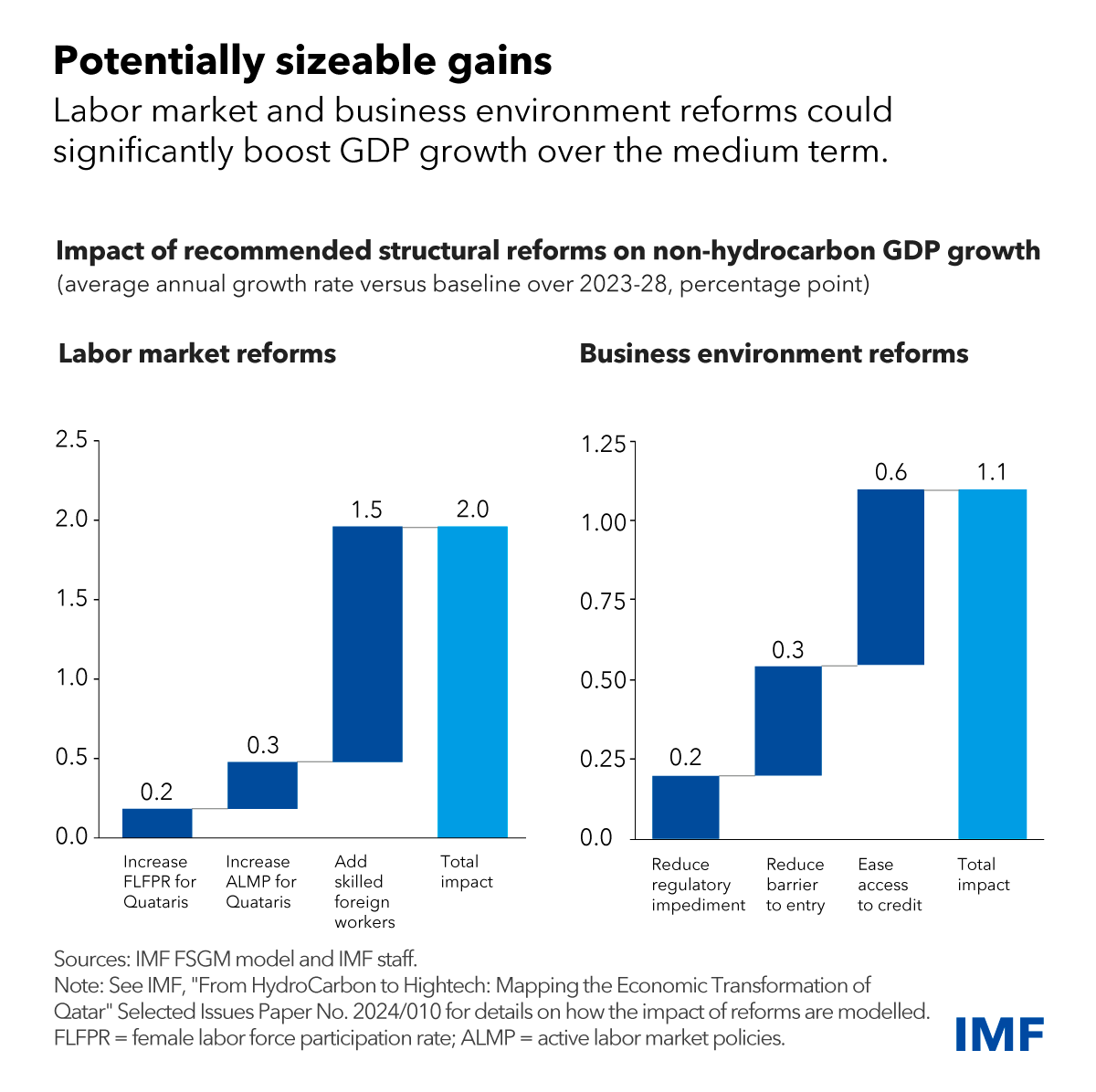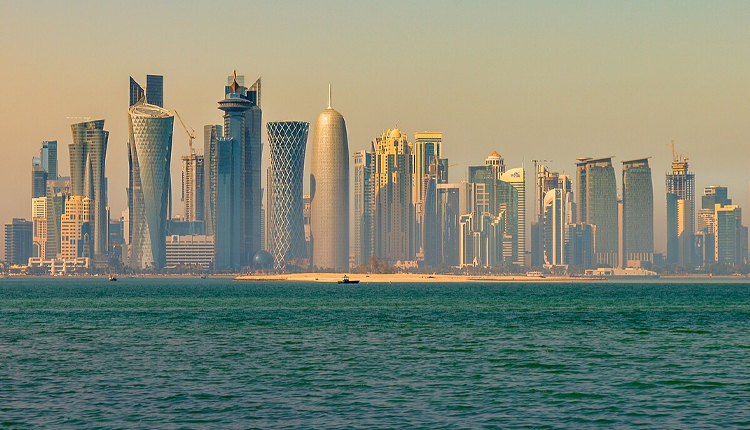The International Monetary Fund (IMF) has underscored the significant economic shifts in Qatar following its hosting of the 2022 FIFA World Cup. The analysis reveals that Qatar’s public infrastructure investments, which extended well beyond stadium construction, have been instrumental in driving the country’s diversification from hydrocarbon dependency.
The World Cup catalysed a broader economic transformation, with visitor numbers in 2023 nearly doubling pre-pandemic levels and tourism reaching new peaks in 2024. The IMF’s report attributes this positive trend to Qatar’s extensive public investment program initiated in 2011, which included the development of ports, roads, metro systems, and airports.
Notably, the construction of stadiums constituted just about 5 per cent of the total infrastructure expenditure.

Infrastructure Investments Drive Growth
The IMF analysis indicates that these investments have played a crucial role in Qatar’s economic diversification, contributing an average of 5–6 per cent annually to the growth of non-hydrocarbon real GDP over the past decade.
Moreover, the newly developed infrastructure now provides a foundation for job creation, business expansion, and growth in sectors outside of oil and gas.

Reforms and Advancements
In addition to infrastructure developments, Qatar has made notable strides in structural reforms. It has strengthened labour protections for its foreign workforce, which comprises around 95 per cent of the labour market, and became the first GCC country to abolish the Kafala sponsorship system.
The government has also enhanced business efficiency, attracted foreign direct investment, and advanced digitalisation efforts, ranking 16th out of 198 countries on the World Bank’s GovTech Maturity Index.

Challenges and Future Outlook
Despite these advancements, Qatar faces the challenge of transitioning from a public sector-led economy to a private sector-driven model, in alignment with the National Vision 2030. The IMF’s latest review stresses the need for bold reforms to boost productivity, improve the business environment, and leverage progress in digitalization and climate actions.
The Third National Development Strategy (2024-30), unveiled in January 2024, sets out strategic priorities to support this transition. The IMF recommends reforms to attract skilled foreign workers, facilitate financing for small and medium enterprises, and foster competition. Simulations suggest that such a comprehensive reform package could enhance annual non-hydrocarbon growth by nearly 3 percentage points in the medium term. Effective implementation of these reforms, along with continued advancements in digitalization and climate initiatives, is crucial for maximizing growth and ensuring sustainability.
Attribution: IMF


